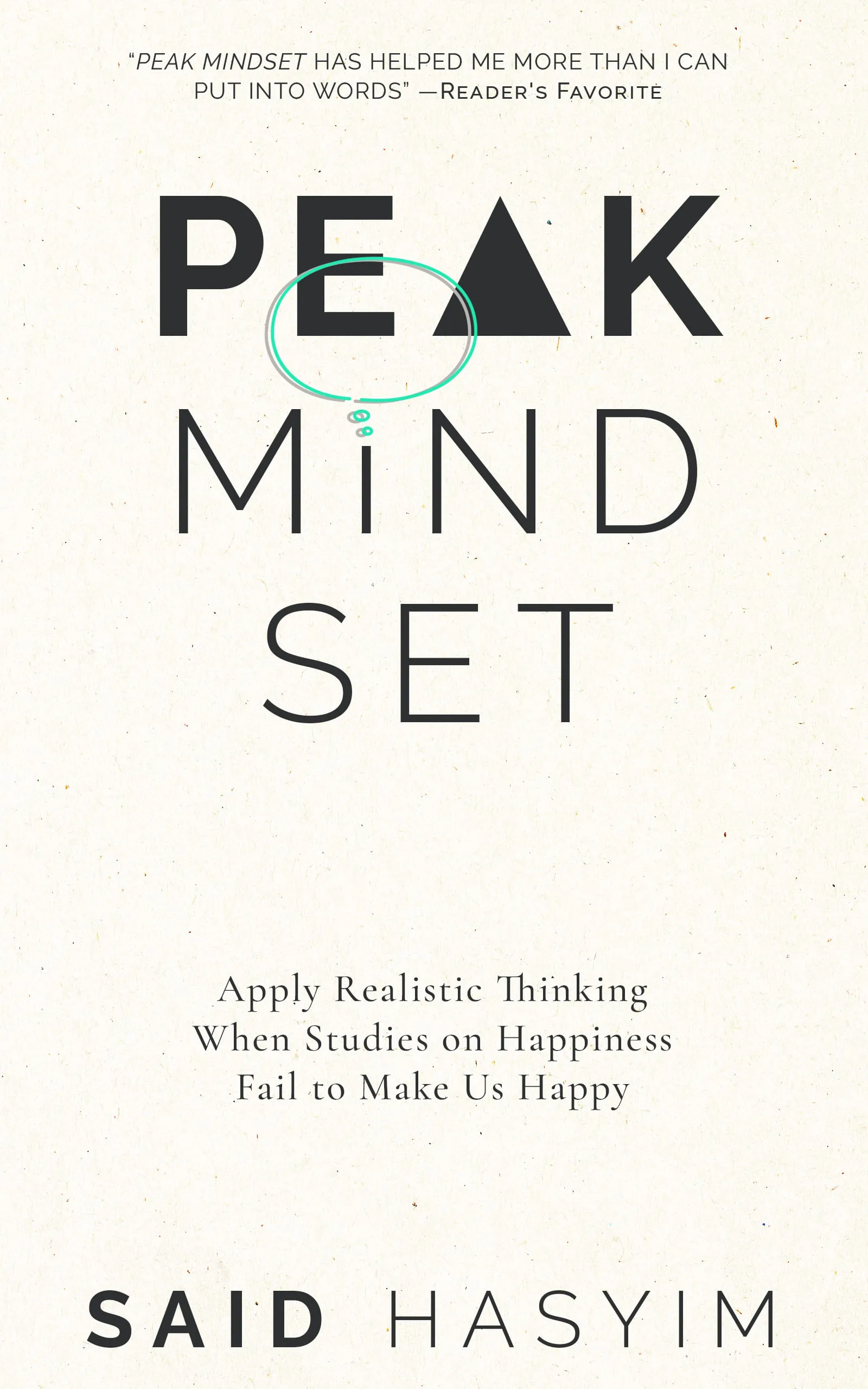The Role of Mindset in Emotional Wellbeing
In an ever-changing world filled with challenges, our emotional wellbeing has become a crucial aspect of our overall health. It influences how we think, feel, and behave; however, it is not solely influenced by external factors. One of the most profound determinants of emotional wellbeing is our mindset—the underlying beliefs and attitudes that shape how we interpret our experiences.
Understanding Mindset
Mindset can be defined as a collection of beliefs and attitudes we hold about ourselves and our surroundings. Psychologist Carol Dweck categorizes mindset into two main types: fixed mindset and growth mindset.
- Fixed Mindset: Individuals with a fixed mindset believe their abilities and intelligence are static, leading to the fear of failure and avoidance of challenges.
- Growth Mindset: On the other hand, those with a growth mindset embrace challenges, see failures as opportunities for learning, and believe that they can develop their intelligence and capabilities through effort.
While these mindsets pertain to learning and achievement, their implications stretch far beyond academics and career success. They play a vital role in our emotional health, affecting how we respond to stress, deal with setbacks, and build relationships.
The Connection Between Mindset and Emotional Wellbeing
1. Stress Response and Resilience
Mindset significantly influences how we cope with stress. Research suggests that individuals with a growth mindset are more likely to view stressors as challenges to be embraced rather than threats to be avoided. This perspective fosters resilience—the capacity to recover quickly from difficulties.
With a growth mindset, we acknowledge that challenges are a part of life, allowing us to approach stressful situations with problem-solving strategies rather than feeling overwhelmed. This not only helps in managing stress effectively but also reduces the likelihood of developing anxiety or depression.
2. Relationship Dynamics
Mindset affects not just our behavior but also how we perceive and interact with others. A fixed mindset may lead to defensiveness, jealousy, and antagonism, especially during times of conflict. This can strain relationships and contribute to feelings of loneliness and isolation.
Conversely, a growth mindset promotes empathy and open communication. When we believe that we can learn and grow, we are more likely to approach disagreements as opportunities for understanding and connection rather than as battles to win. Healthy relationships are a cornerstone of emotional wellbeing, and fostering a growth mindset can be instrumental in nurturing these connections.
3. Self-Compassion and Mindfulness
Mindset is intrinsically linked to our relationship with ourselves. A fixed mindset often contributes to harsh self-criticism when we make mistakes or fall short of expectations. This negative self-talk can lead to increased feelings of inadequacy and anxiety.
Adopting a growth mindset encourages self-compassion. It allows us to treat ourselves with kindness in times of failure, recognizing that mistakes are merely part of the learning process. When we foster self-compassion, we create a positive internal dialogue that enhances our emotional wellbeing.
In tandem with a growth mindset, mindfulness practices can enrich our emotional health. Mindfulness encourages us to observe our thoughts and feelings non-judgmentally, helping us to break free from the automatic negative reactions that may stem from a fixed mindset. Together, these practices promote emotional awareness and regulation.
4. Goal Setting and Motivation
Our mindset influences our motivation and how we set and pursue goals. Those with a fixed mindset may avoid setting ambitious goals due to a fear of failure. This leads to stagnation and a lack of fulfillment, which can negatively impact emotional wellbeing.
Individuals with a growth mindset, however, are more likely to embrace challenging goals, motivated by the desire for self-improvement. They view setbacks not as failures, but as learning experiences that propelling them further on their path toward growth. This proactive approach to goal setting enhances life satisfaction and a sense of purpose, which are pivotal components of emotional wellbeing.
Cultivating a Growth Mindset
Recognizing the impact of mindset on emotional wellbeing is just the first step; cultivating a growth mindset requires deliberate practice. Here are some strategies to help you develop a more adaptable perspective:
1. Embrace Challenges: Seek out opportunities that push you out of your comfort zone. Approach these challenges with curiosity rather than fear.
2. Learn from Criticism: Instead of viewing criticism as a negative, use it as constructive feedback. Reflect on the insights it provides and how you can implement changes.
3. Celebrate Effort: Recognize the hard work you put into tasks, irrespective of the outcome. This fosters resilience and enhances your view on personal growth.
4. Practice Self-Compassion: When you face setbacks, treat yourself as you would treat a friend. Challenge negative self-talk and replace it with supportive affirmations.
5. Foster a Culture of Growth: Surround yourself with people who encourage a growth mindset. Share your experiences, and learn from one another to build a supportive network.
Conclusion
Mindset is a powerful aspect of our emotional wellbeing, influencing our responses to stress, our relationships, our self-esteem, and our motivation. By understanding the dynamics between mindset and emotional health, we can take intentional steps towards adopting a growth mindset that enhances our overall sense of fulfillment and joy.
As you navigate life's challenges, remember that the way you frame your experiences can contribute to your emotional resilience and wellbeing. Embrace a growth mindset, and watch how it transforms not only your outlook but also your emotional landscape for the better.
Leverage Your Mindset for a Fulfilling Life
Explore Peak Mindset, a book to leveraging your subconscious for a more fulfilling life. Gain insights into realistic thinking, money management, and stress resilience to make informed decisions. Discover pitfalls in conventional happiness advice and practical strategies for self-transformation. Unlock your potential and enhance your overall satisfaction.
